You can now get protein in your pre-workout foods, but you don’t have to think about it. The truth is, not all protein is created equal! Some of them are better than others when it comes to building muscle and losing fat. In this article, I’ll explain why some proteins work better than others for post-workout recovery—and what you should look for in a pre-workout meal or snack if you’re trying to build muscle or lose fat while also staying healthy.
You don’t have to worry about protein.
Protein is an important nutrient for weight loss and muscle growth, but it’s not the only thing you need to lose weight. Protein can come from a variety of foods, including eggs and meats like chicken or fish. When you eat too much protein in one sitting (like through a pre-workout), your body will break down its own muscle tissue to use as energy instead of storing it away as fat!
The truth about protein in pre-workout foods
Protein is an important building block for muscle tissue, and it supports all of your cells’ functions. It’s also the key component in muscle repair. That said, you don’t need to worry about protein during your workout; it’s something that you can get from many different sources without having too much of an effect on how much energy you have left after a workout or if there will be enough left over at the end of the day when you’re drained but hungry again.
In fact, many studies show that eating more protein before working out doesn’t result in any noticeable benefits over simply consuming carbohydrates (such as fruit). So while this type of research can be helpful when considering whether or not one should eat certain foods before exercise—especially since many people do need additional calories during their workouts—there isn’t really any reason why someone should consider taking extra supplements just because they heard somewhere else that doing so could help them gain lean muscle mass faster than normal!
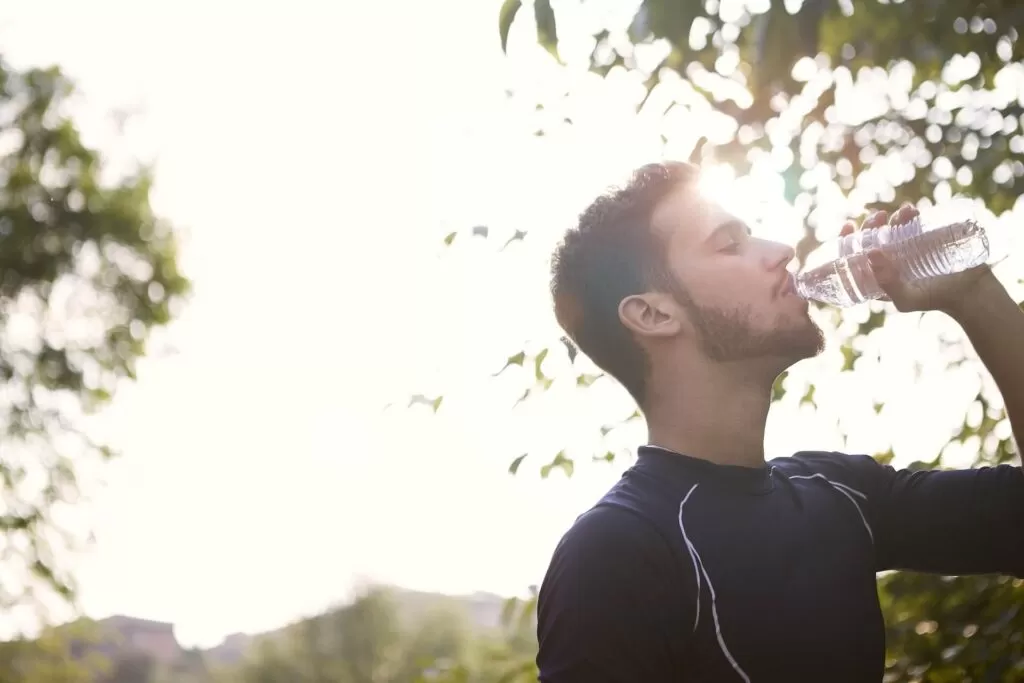
Exercise and hydration
When it comes to exercise, hydration is key. Drinking water before and during your workout will help you stay focused and alert, while drinking enough water afterwards can help reduce muscle soreness in the morning. If you’re going to work out hard, make sure that at least a gallon of fluid (or more) is available during each session!
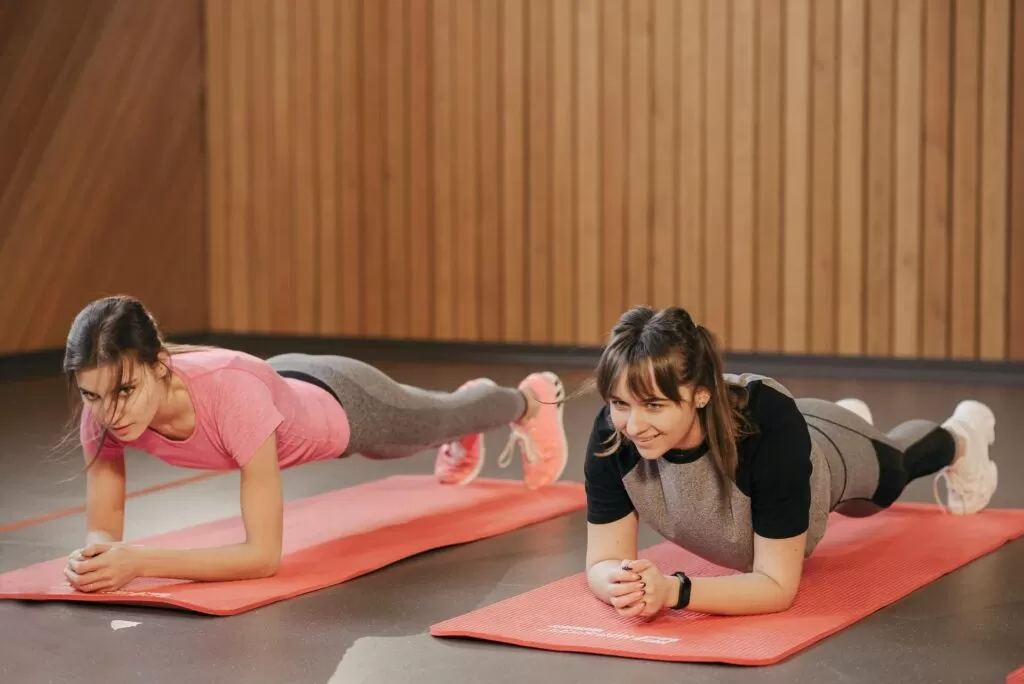
You don’t need to think too much about what you eat before your workout.
You don’t need to think too much about what you eat before your workout.
If you’re working out, it’s important that your body has enough energy for the task at hand. But if this means eating more than usual before a workout, then so be it—your body will thank you later!
If you don’t work out regularly, it’s best to eat something light. Ideally, it should be a meal that doesn’t contain any fat. This will help your body burn calories more efficiently and prevent the food from being stored as fat in your body.
Why are carbs important?
Carbs are an important part of your pre-workout nutrition plan. They give you energy, help replenish glycogen stores in the body and provide the fuel needed to perform at a high level for longer periods of time.
Carbohydrates also contribute to muscle growth because they increase insulin levels in the body, which then signals cells to absorb more amino acids from food sources (protein). This means that eating carbs will help you build muscle faster than if you were on a strict low-carb diet or no carbs at all!
How much protein do I need in my pre-workout foods?
This question is one of the most common ones asked by fitness enthusiasts. The answer will depend on your weight, age, gender, and fitness goals. For example: If you’re a bodybuilder looking to build muscle mass, then eating more protein will help build more muscle mass faster than if you were eating less or no protein at all. On the other hand, if you’re trying to lose weight by limiting your caloric intake then eating too many added calories could lead to gaining weight instead of losing it!
Accordingly, there are no hard-and-fast rules when it comes to getting enough dietary intake during exercise or training sessions (or any other kind). However here’s what we know: When it comes down right down at it – how much food do we actually need? Well…
the answer is simple. The body requires a certain amount of calories to function properly and grow. This number will vary depending on factors such as height, weight, age, level of activity, and so on. For example, A 185-pound man who works out five times per week will burn approximately 2,000 calories during each session—which means he needs about 3200 calories each day to maintain his current weight!
How soon after a workout should I consume protein?
The importance of protein in your pre-workout foods is that it helps the body rebuild its glycogen stores, which are depleted during exercise. Glycogen is stored as glucose in your muscles and liver, and when you deplete these stores during intense exercise, they need to be replenished immediately through protein intake.
This can be done within 30 minutes after a workout but there are other factors at play too: if you’re overweight or underweight then how much you should consume depends on how much energy you burn; if you’re more active than average then it will depend on what part of your body was worked out (e.g., legs vs chest); also remember that every person’s metabolism differs from person to person so what works for one person might not work so well for another!
You can motivate yourself without being mean to yourself.
So, what does this mean for you? It means that you can motivate yourself without being mean to yourself.
Here are some tips:
Don’t use negative language. This includes saying things like “I’m fat” or “I’m not good enough.” When you think of these words, they will make your body feel worse and cause more stress on your mind and spirit than necessary. Instead of saying “I’m not thin enough,” say something like “I have been wanting to lose weight for a while now but I haven’t been able to get started yet.” This way, even if it doesn’t happen right away (which is unlikely), there will still be hope in the future!
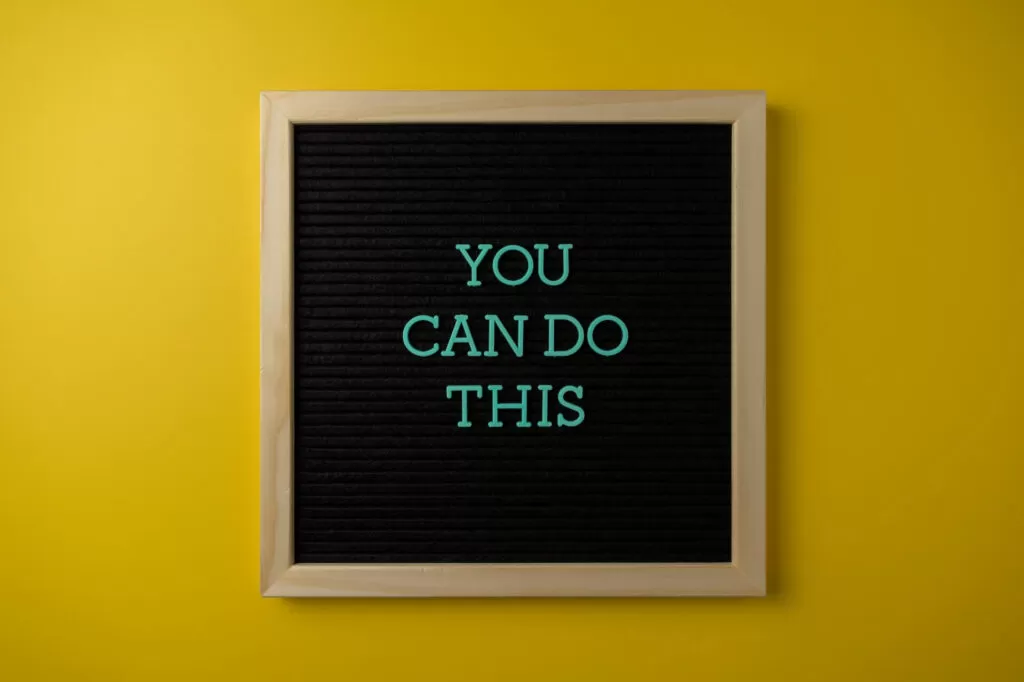
Don’t compare yourself with others around you – whether they’re friends or family members – who may live healthier lifestyles than yours does based solely upon how much exercise they do each day versus how many calories those exercises contain per pound lost through dieting alone (and remember: those calories might not even be accurate). If someone else looks better than them but eats just as much junk food as them then why should anyone care about being healthy enough themselves? Ask yourself why would anyone care about anything else besides themselves first.”
The answer is simple: because it makes you feel good about yourself! If you’re happy and healthy then other people around you will be too. It’s not about what others think of your life; it’s about how YOU feel about YOUR life.
Conclusion
There’s no need to worry about getting enough protein in your pre-workout food. As long as you take care of yourself and don’t overdo it on the carbs, you should be fine. That being said, we hope this article has helped you understand why protein is so important when it comes to building muscle and losing fat.

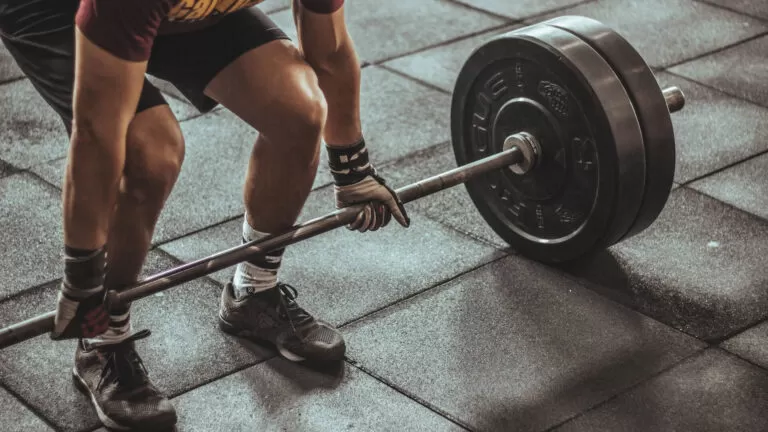
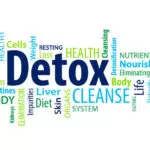


[…] The Truth About Protein In Pre-workouts Foods December 13, 2022 […]
[…] The Truth About Protein In Pre-workouts Foods December 13, 2022 […]